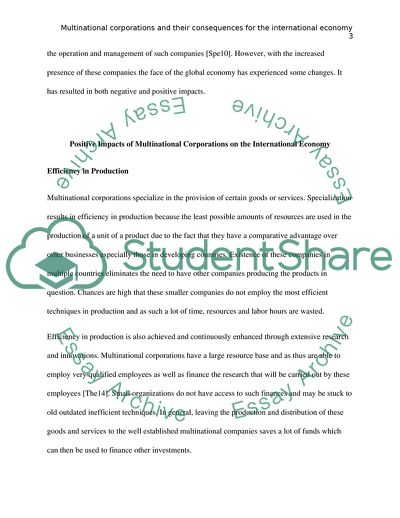Cite this document
(Consequences of Multinational Corporations Term Paper Example | Topics and Well Written Essays - 2500 words, n.d.)
Consequences of Multinational Corporations Term Paper Example | Topics and Well Written Essays - 2500 words. https://studentshare.org/macro-microeconomics/1852406-multinational-corporations-and-their-consequences-for-the-international-economy
Consequences of Multinational Corporations Term Paper Example | Topics and Well Written Essays - 2500 words. https://studentshare.org/macro-microeconomics/1852406-multinational-corporations-and-their-consequences-for-the-international-economy
(Consequences of Multinational Corporations Term Paper Example | Topics and Well Written Essays - 2500 Words)
Consequences of Multinational Corporations Term Paper Example | Topics and Well Written Essays - 2500 Words. https://studentshare.org/macro-microeconomics/1852406-multinational-corporations-and-their-consequences-for-the-international-economy.
Consequences of Multinational Corporations Term Paper Example | Topics and Well Written Essays - 2500 Words. https://studentshare.org/macro-microeconomics/1852406-multinational-corporations-and-their-consequences-for-the-international-economy.
“Consequences of Multinational Corporations Term Paper Example | Topics and Well Written Essays - 2500 Words”. https://studentshare.org/macro-microeconomics/1852406-multinational-corporations-and-their-consequences-for-the-international-economy.


